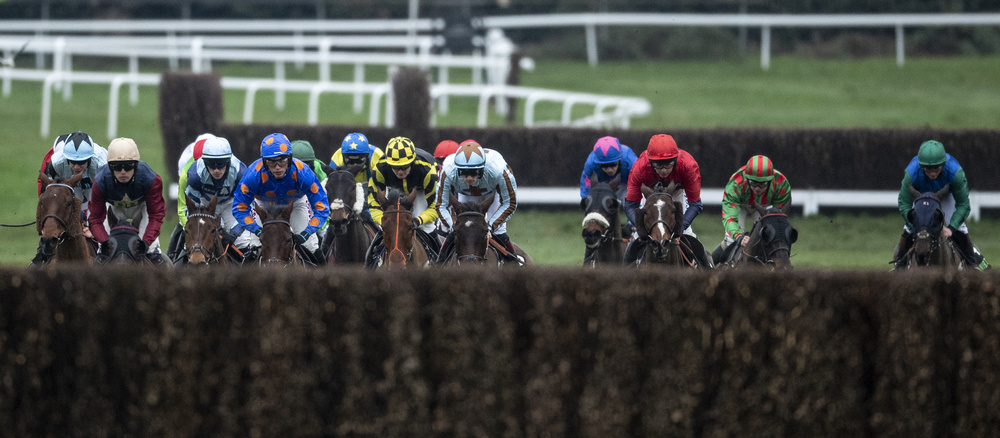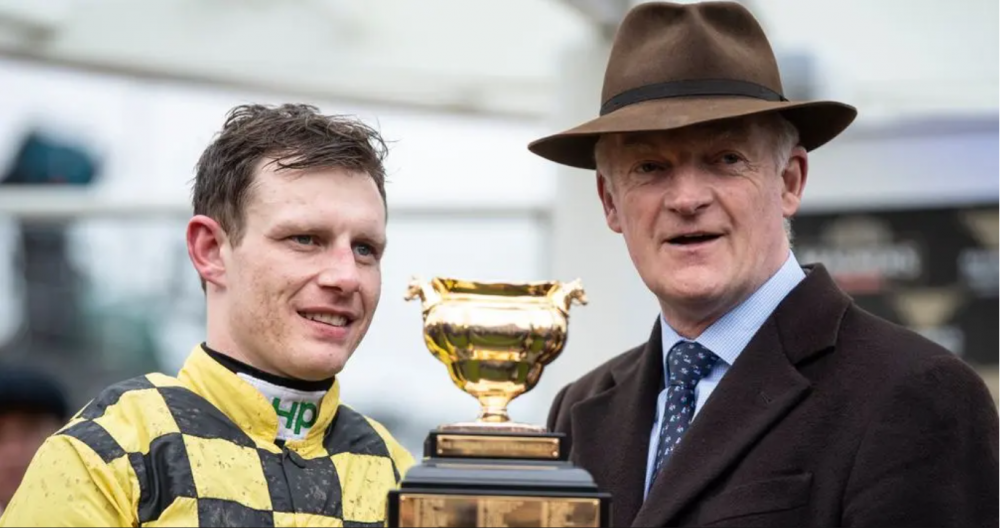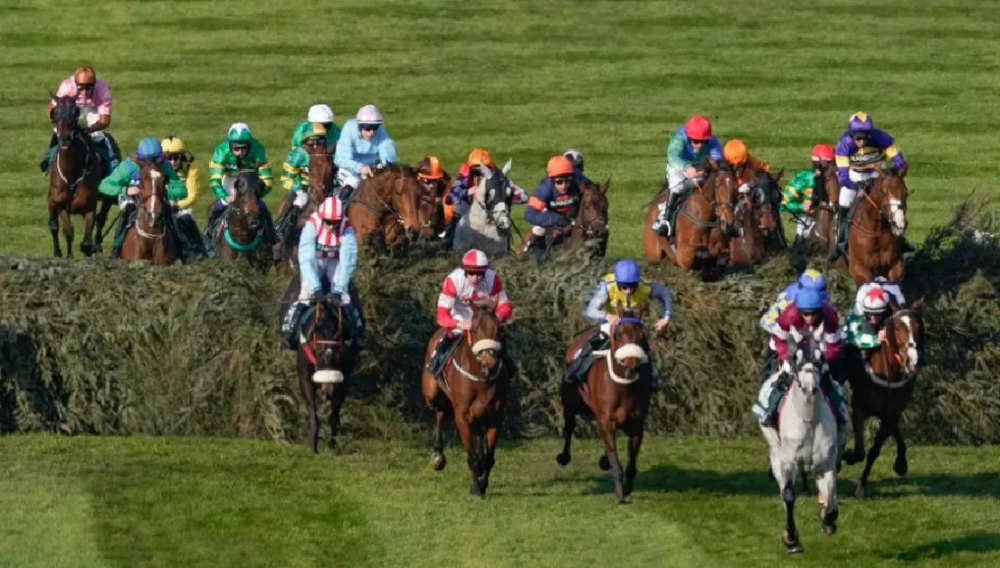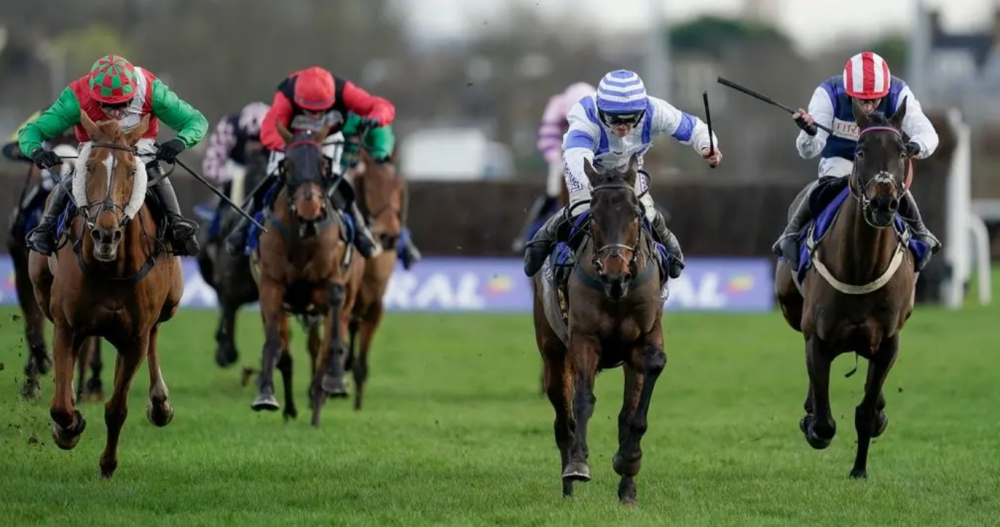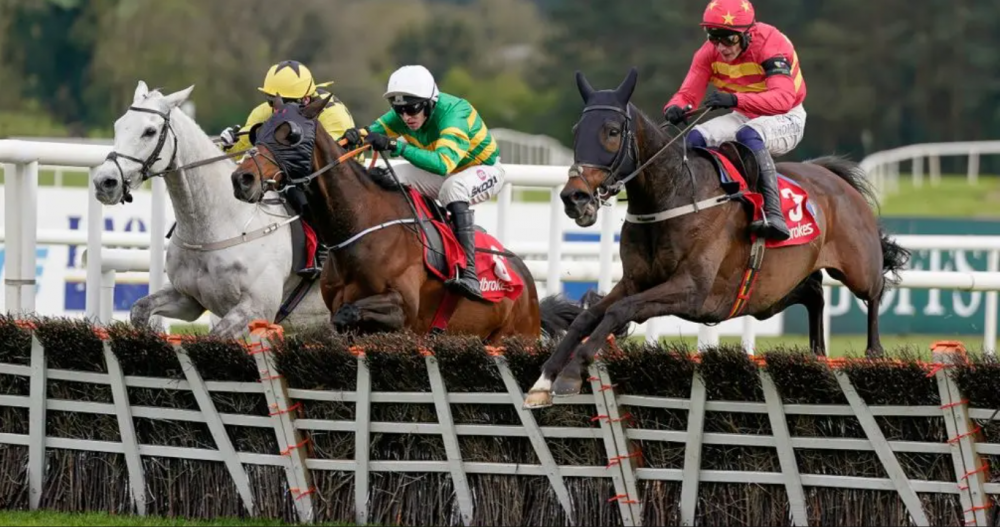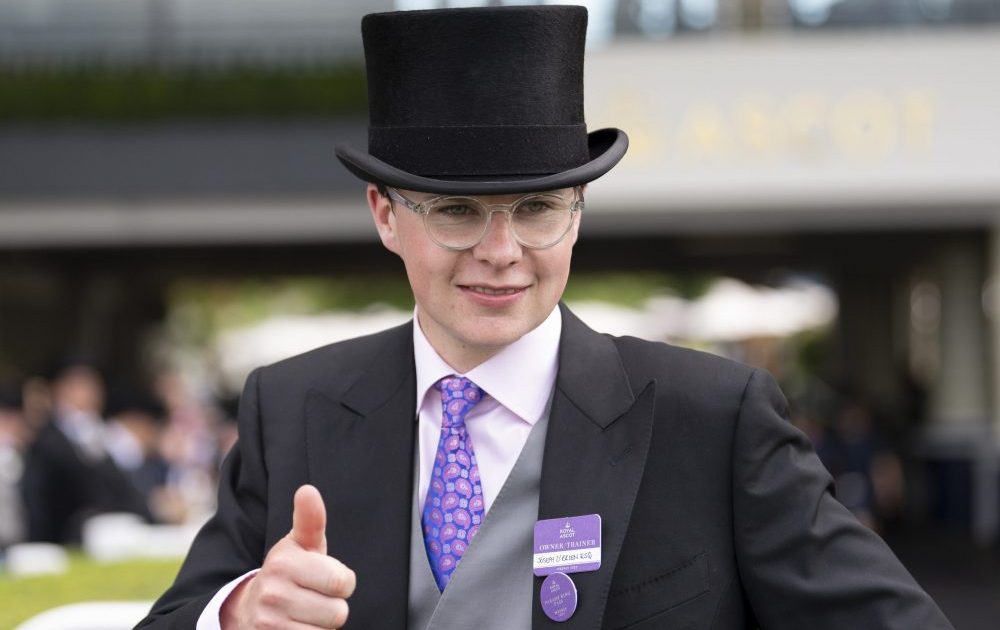
Who is the greatest Epsom Derby jockey of all time?
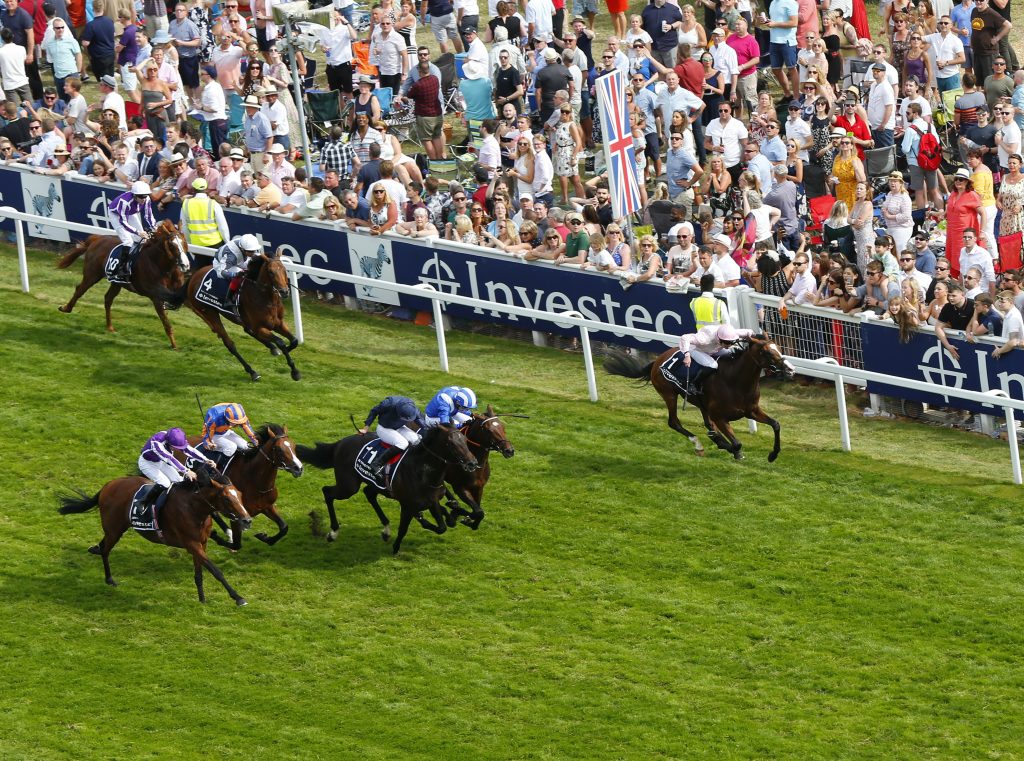
Lester Piggott is the greatest Epsom Derby jockey of all time, winning the race an incredible nine times and is without doubt the best flat rider the world has ever seen.
Born on November 5th, 1935, in Wantage, Berkshire, England, Lester was one of the world’s leading jockeys in thoroughbred flat racing.
He won the British flat jockey championship eleven times. Those wins were in 1960, then 1964 straight through to 1971 then finally 1981 and 1982.
Piggott was born into a family steeped in racing heritage and rode in his first race at the young age of twelve.
Epsom is one of the most unique tracks on earth and he won won the Derby an incredible nine times between 1954 and 1983.
1954: Never Say Die (33-1)
Lester became the youngest jockey ever to win the Derby at just 18 but he was always extremely well grounded even as a young lad.
“I was driven home to Lambourn by my parents, spent an hour mowing the lawn, and as usual was in bed by 9pm. We are not having a special party or celebration. It is just an ordinary evening for me.”
1957: Crepello (6-4 fav)
Smashed off the boards from early morning, this hotpot was an easy winner of the Derby, and Lester gave the winner an absolute peach of a ride.
However, there would be no party for Lester: “I shall spend a quiet evening. When I won the Derby on Never Say Die I went home and cut the lawn. I haven’t cut the lawn since.”
He must have made a punter quite happy as gifts were thrown at him on the walk back to the enclosure.
“As Crepello was being led back to the winner’s enclosure, someone broke through the crowd and thrust a gold watch into my hand. It was the flamboyant society hairdresser Pierre ‘Teasy Weasy’ Raymond, who was a great friend of my father’s.”
‘That was not the only present I received. Crepello was Sir Victor Sassoon’s second Derby winner in five runnings, and made me a gift of his Lincoln Continental, the huge American car which he used only on his visits to London.”
“He spent most of the year in the Bahamas. I hadn’t had the car very long when I ran into the back of another car one rainy night on the Great West Road in London.”
‘The Lincoln needed a new radiator, which could not be bought in Britain and had to be sent from the USA.”
“This made me think that the car might be more trouble than it was worth, so I sold it to the then Duke of Bedford, and he displayed it in his collection of cars in Woburn Abbey.”
1960: St Paddy (7-1)
One of the easiest winners Lester had in the race: “I never asked him a serious question, yet he won with complete ease. He has been underrated since.”
The winner broke the course record at Sandown in the Eclipse, then finished runner-up in the King George at Ascot.
1968: Sir Ivor (4-5 fav)
Lester seldom let a big gamble get away and Sir Ivor was no exception to the delight of favourite backers.
Lester was quoted saying: “Sadly, Raymond Guest [the winning owner, and American ambassador in Dublin], winning his second Derby in the space of six years, could not be at Epsom as his official duties kept him in Ireland.”
“But Mr Guest was able to join us in London that evening for a celebration party at the Savoy Hotel, where a large television screen was erected at one end of the room so that we could replay the race over and over.”
“I was so absorbed in this that I paid no attention to another great sporting event taking place that day: Manchester United’s victory over Benfica at Wembley to win the European Cup.”
1970: Nijinsky (11-8 fav)
Lester landed his 5th Derby win onboard the very famous Nikinsky, arguably one of the best Derby winners ever.
“The occasion of my fifth Derby winner was the first on which I was invited up to the Royal Box, along with Charles Engelhard and Vincent O’Brien, to be presented to the Queen.”
“That evening there was a party at Annabel’s, the famous nightclub in London, and one of my abiding memories is of the crate of Coca-cola beside Mr Engelhard’s chair being steadily emptied by Nijinsky’s owner, who had a consuming passion for the drink which bordered on addiction.”
“Long before the dessert was served he had fallen sound asleep, oblivious to the raucous celebration going on around him.”
1972: Roberto (3-1 fav)
This was another winning favourite of the Derby but it took all of Piggott’s strength to get this one home for the O’Brien-trained Roberto to beat Rheingold by a short-head.
It went down as one of the most dramatic renewals ever as it took forever for them to announce the result, and then a stewards’ enquiry took place after that which took a further 20 minutes.
Lester had to put up with a lot of stick pre-race as he got the ride over regular rider Bill Williamson, and he said:
“The owner could surely be allowed to be uncompromising in wanting to get his horse the best ride possible for the most important race of his life, and as far as I was – and am – concerned, there’s no more to it.”
1976: Empery (10-1)
Lester was quoted saying: “While Empery was a nice colt who was unlikely to be inconvenienced by the contours of the Derby course, I did not seriously expect him to beat the favourite.”
“I said so on the day before the Derby in a column in the London Evening Standard. The headline expressed my view pretty accurately: “I will need a gun to stop Wollow from winning.”
“In terms of his overall record Empery has to be rated the worst of my nine Derby winners. But Empery has a special place in my affections as the horse who brought me my seventh Derby, more than any other jockey in the history of the race.”
“Although as a rule I’m not especially bothered about statistics and records, I have to admit that I took special satisfaction from that landmark.”
1977: The Minstrel (5-1)
The Minstrel, who was owned by Robert Sangster and trained by the famous Vincent O’Brien, had been beaten in the 2000 Guineas and Irish Guineas.
Connections didn’t want to run him at Epsom but Lester persuaded them to run in the race.
“I told Robert, “If you run him, I’ll ride him. On decent ground, he’ll win.” Vincent was not immediately convinced, but I persuaded him that The Minstrel had all the balance to act round Epsom.”
He was correct, and won by a neck from Hot Grove. “No horse I ever rode showed more unflinching courage in a finish than The Minstrel did that day. We had a great party that night.”
It was after this race that Sangster and O’Brien went on to found the Coolmore breeding empire which is the biggest force in world horse racing right now.
The Minstrel went on to be syndicated at a valuation of £6 million and Hot Grove at a modest £320,000 in comparison. “What a difference a neck makes.”
1983: Teenoso (9-2 fav)
When Lester won his final Derby in 1983, seven of the riders in the race had not even been born when he won his first Derby.
This turned out to be his easiest win in the Derby too: “All I had to do was let him go and it was all over.”
Lester went on to ride in the Derby six more times but couldn’t do any better than fifth.
Read More:
Please Gamble Responsibly.





